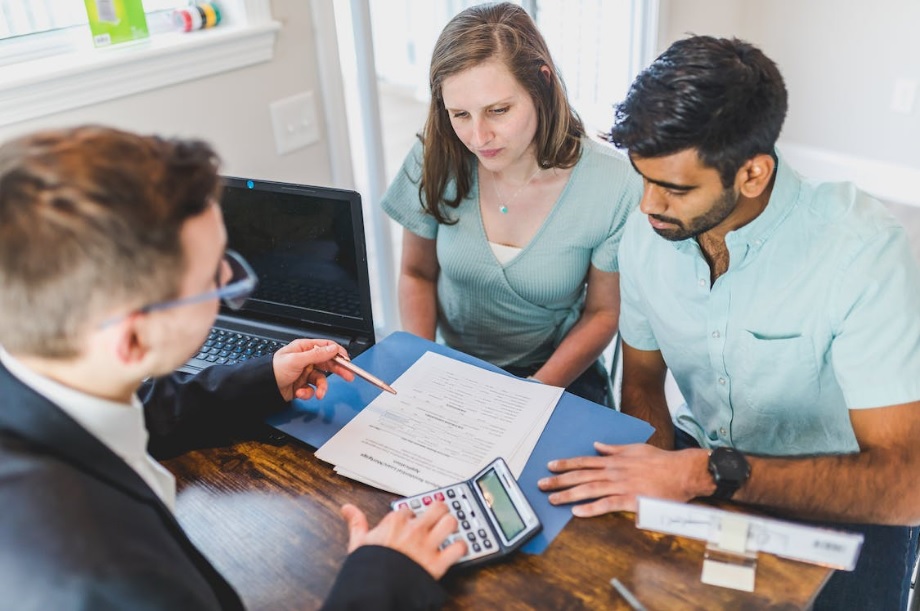
Are you prepared to embark on your journey as a first-time landlord? Becoming a landlord comes with abundant rewards, but it can also bring its fair share of unique challenges.
If you’re a first-time landlord, you’ll need to be prepared and do a lot of research and hard work to make your venture successful.
In this blog post, we outline some tips and advice that can help you as a rookie landlord, from finding tenants to maintaining good relationships with tenants throughout their stay on your property.
Understand Your Legal Obligations:
As a first-time landlord, it is essential to understand your legal obligations towards your tenants. Landlord-tenant laws can vary by state and local jurisdiction, but they generally cover rent control, eviction procedures, habitability standards, and tenant privacy. In some cases, you may also be required to provide certain amenities, such as heating and cooling systems or smoke detectors.
One of a landlord’s most critical legal obligations is to provide a safe and habitable living space. Your rental property must meet basic health and safety standards, such as having working plumbing, heating, and electrical systems. You may also be required to make repairs and address any issues that affect your tenants’ health and safety.
Find Tenants Online:
Gone are the days when landlords had to rely on newspaper ads or “For Rent” signs to find tenants. With the rise of online platforms, it’s easier than ever to advertise your rental property and attract potential renters. One great way to find tenants online is to work with a property management company like Nomadic Real Estate. It’s a full-service property management company that finds high-quality tenants for rental properties. They use a variety of online marketing channels, including social media, online advertisements, and rental websites, to reach an expansive audience of potential renters.
They also use targeted marketing techniques to attract tenants who meet specific criteria, such as income, credit score, and rental history. It can save you time and hassle as a landlord and help ensure responsible and reliable tenants always occupy your rental property.
Set Clear Expectations:
You need to set clear expectations for your tenants from the start. A lease agreement is an excellent tool to ensure that both parties are aware of the terms and conditions of the rental agreement. It should include details such as the rental period, rent payment schedule, security deposit requirements, and any rules or policies tenants must follow.
It’s also a good idea to communicate expectations verbally to ensure tenants fully understand them. That includes explaining the lease agreement in detail, discussing particular rules or policies, and answering tenant questions. It’s important to be firm but fair in your expectations and to ensure they are reasonable and enforceable.
From the beginning, clear communication can help foster a positive relationship between you and your tenants and make for a smoother rental experience for everyone involved.
Respect Your Tenants’ Privacy:
As a landlord, it is important to maintain good relationships with your tenants. One way to do this is by respecting their privacy and giving them the space they need to feel comfortable in their home. For instance, tenants should not be subjected to surprise visits or inspections unless there is an emergency or other special circumstance. You should also give your tenants advance notice if you need to access the property for any reason and follow all applicable tenant privacy laws in your jurisdiction.
Make sure to be respectful and courteous when interacting with tenants both in person and over the phone. A positive relationship with your tenants can go a long way in helping you maintain a successful rental property business.
Collect Rent Payments Online:
Accepting payments online is a great way to make it more convenient for tenants to pay their rent on time. Several online payment platforms allow tenants to pay their rent quickly and securely with a few clicks of a button. It can save you time and hassle as you won’t have to worry about collecting paper checks or processing cash payments.
An online payment platform gives you greater control over when and how rent is paid. You can set up automatic payments or rent reminders that make it easy for tenants to stay on top of their rent and avoid late fees.
However, make sure to choose a payment platform that is secure and reliable. It should also provide the necessary tools for you to be able to track payments, generate invoices, and monitor any late fees or other charges. It can help make rent collection more efficient and ensure that your rental income is always up to date.
Maintain the Property:
Maintaining your rental property is crucial for the longevity of the property and the satisfaction of your tenants. Regular cleaning is essential to keep the rental property looking clean and hygienic, which can help to attract and retain tenants. That includes cleaning floors, carpets, and windows, dusting surfaces, and ensuring that bathrooms and kitchens are clean and free of mold or mildew.
Landscaping and outdoor maintenance are also critical components of maintaining your rental property. Keeping the exterior of the rental property tidy can enhance its curb appeal, which can help to attract potential tenants. Landscaping can involve mowing the lawn, trimming bushes, and ensuring that outdoor lighting is in good working order. It’s also important to keep up with regular maintenance tasks such as HVAC system inspections, plumbing checks, and electrical system maintenance.
By taking care of these tasks regularly, you can help to prevent costly repairs down the line and ensure that your rental property remains a desirable place to live.
Conclusion:
Being a first-time landlord is no easy feat, but with the right tricks and tips, it doesn’t have to be so tough. The most significant thing to remember is to trust your gut. If something doesn’t feel right, don’t sign it. Research the state’s laws regarding tenant/landlord rights, responsibilities, and regulations to understand your rights.
Ensure all legal documentation is accurate and up to date to prevent any issues down the line. Prioritize communication with your tenants, as this will help build a strong rapport and encourage cooperation when issues arise.
Give yourself grace if you make mistakes; it happens. Remember these tips when you’re a first-time landlord, and you’ll likely be successful!














